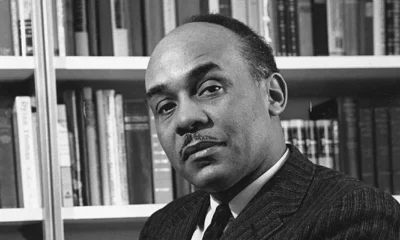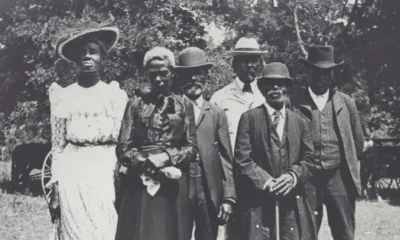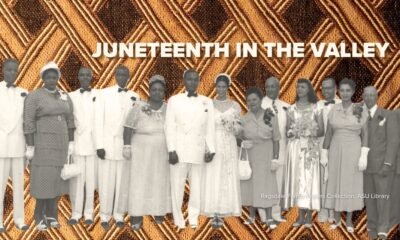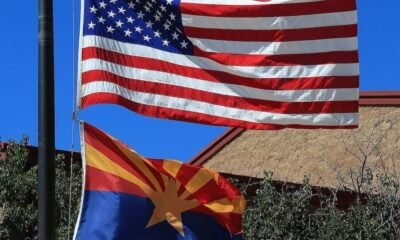cct-tracking
Juneteenth Celebrations Nationwide Honor the Abolishment of Slavery
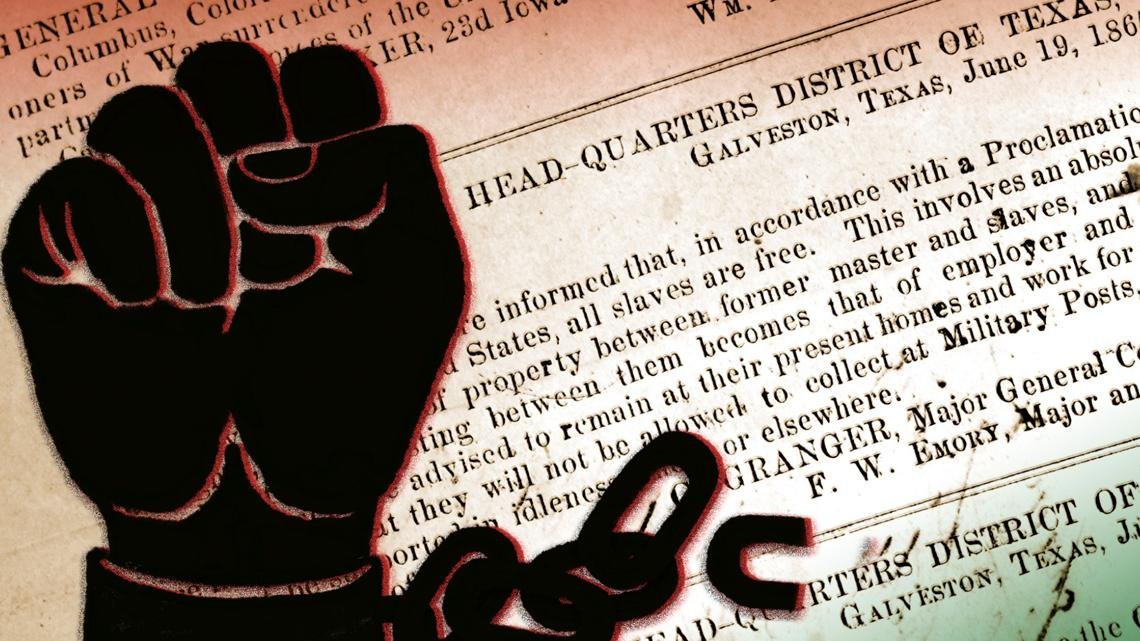
Juneteenth celebrations took place across the United States on Thursday, commemorating the moment in 1865 when Union soldiers informed enslaved Black people in Texas of their freedom. One notable event occurred in Galveston, the holiday’s birthplace, where former President Joe Biden was expected to attend.
This holiday, celebrated by Black Americans for generations, gained national recognition when Biden declared it a federal holiday in 2021. It is now observed in all 50 states, with nearly 30 states and Washington, D.C., designating it as a permanent paid or legal holiday.
On the East Coast, the Black Heritage Trail of New Hampshire organized weeks of events culminating in a community dance and the rededication of the African Burying Ground Memorial Park in Portsmouth. Meanwhile, Virginia held a ceremonial groundbreaking for the historic First Baptist Church of Williamsburg, one of the oldest Black churches in the nation.
The observance of Juneteenth dates back to June 19, 1865, when Union troops arrived in Galveston and issued General Order No. 3, declaring all enslaved individuals in Texas free. This pivotal moment marked the end of slavery in the United States.
Organizers in New Hampshire aimed to explore the complex narratives surrounding the founding fathers ahead of the 250th anniversary of the Declaration of Independence. JerriAnne Boggis, executive director of the Heritage Trail, emphasized the duality of these historical figures while questioning how history would change if told from the perspective of their Black descendants.
The significance of this year’s celebrations is underscored by contrasting political trends, including attempts by the Trump administration to restrict diversity and inclusion initiatives and erase elements of Black history from federal narratives.
While New Hampshire does not currently recognize Juneteenth as a permanent holiday, Boggis expressed concern about the political climate impacting the state’s progress on this issue. “I think we’ve taken a whole bunch of steps backwards in understanding our history, civil rights, and inclusion,” she noted.
Despite challenges, Boggis remains hopeful that events like those in New Hampshire will foster understanding and unity. She believes that sharing truth can help address contemporary issues. “When we come together—enjoying music and food—we create bonds of community,” she said. “As much as we educate, we also want to celebrate.”
Copyright 2025 Associated Press. All rights reserved. This material may not be published, broadcast, rewritten, or redistributed.
